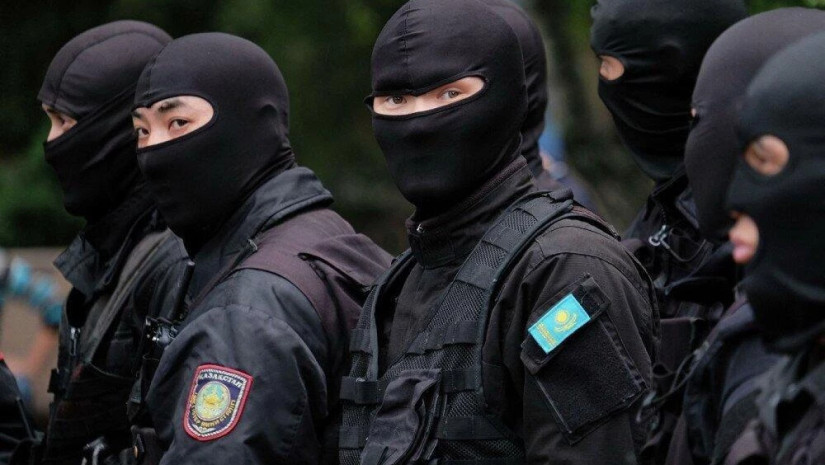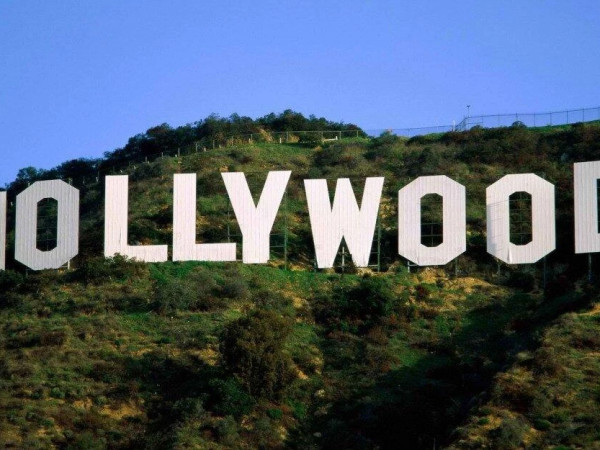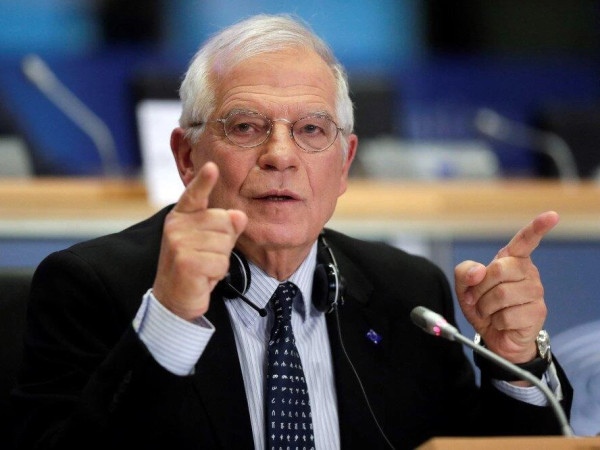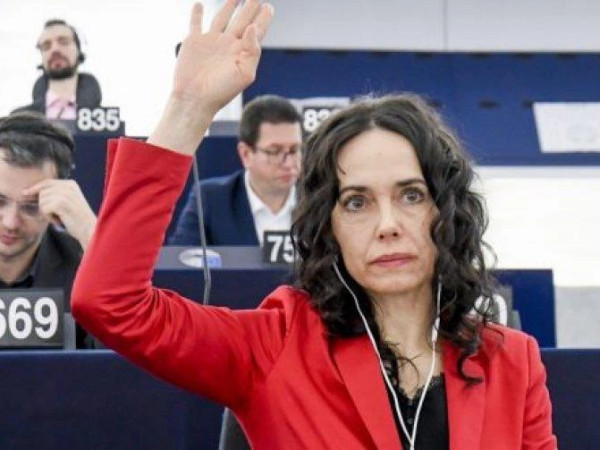"Dozens" of protesters were killed by police on Wednesday night as they tried to seize administrative buildings in Kazakhstan, police said.
"Last night, extremist forces tried to storm administrative buildings, the Almaty city police department, as well as local departments and police stations," police spokesman Saltanat Azirbek was quoted as saying by the Interfax-Kazakhstan, TASS and Ria Novosti agencies, EURONEWS reports.
"Dozens of assailants have been eliminated and their identities are being identified," he added.
Azirbek said an "anti-terrorist" operation was underway in one of the districts of Almaty, the economic capital of the Central Asian country, where the riots were most violent.
More than 1,000 people have also been injured in the protests, the health ministry said on state television.
"Nearly 400 of them were hospitalised and 62 people are in intensive care," deputy minister Ajar Guiniat told Khabar-24 television, as quoted by the Interfax and TASS agencies.
The announcements come after the arrival in the country of peacekeeping troops from a Russian-led military alliance following a request from the country's president as anti-government protests continued.
Demonstrations across Kazakhstan started on Sunday over a near-doubling of gas prices but have since grown to include other grievances including poor living conditions in some areas, as well as 30 years under the rule of the same party since independence from the Soviet Union in 1991.
'Foreign terrorists'
President Kassym-Jomart Tokayev on Wednesday publicly demanded help from Russia and its allies to quell the unrest of the past several days which he claimed was supported by “foreign terrorists".
"Today I called on the heads of states of the Collective Security Treaty Organization (CSTO) to help Kazakhstan defeat the terrorist threat," Tokayev said on state television, adding that demonstrations are led by "terrorist gangs" who have "received extensive training abroad".
Nikol Pashinyan, Armenia's Prime Minister and CSTO chairman acquiesced to the demand, saying in a statement on Thursday morning that a "CSTO collective peacekeeping force" would be in the country "for a limited period to stabilise and normalise the situation there."
The decision, he said, was made due to "the threat to the national security and sovereignty of Kazakhstan, caused, among other things, by interference from abroad."
CSTO member states include Russia, Belarus, Armenia, Kazakhstan, Kyrgyzstan, and Tajikistan.
President warns of 'maximum severity'
President Kassym-Jomart Tokayev had on Tuesday dismissed the government and declared a state of emergency with a nighttime curfew introduced in Almaty, the country's economic and intellectual capital, in an attempt to curb the protest movement.
But protests did not abate with police using stun grenades, tear gas and water cannons to disperse protesters in the southeastern city on Tuesday night and Wednesday.
The city's main administration building and the presidential residence were both engulfed in flames on Wednesday after protesters, many of them carrying clubs and shields according to reports in Kazakh media, made their way in.
Demonstrations have also been reported in about a dozen other cities.
President Kassym-Jomart Tokayev warned during his address on Wednesday that law-breakers would be treated with "maximum severity".
Tokayev also stated that he will remain in Nur-Sultan, the country's capital since 1997, regardless of the ongoing protests in Almaty and elsewhere.
'Violations of public order'
Protesters have been chanting anti-government slogans such as "Government resign!" and "The old man out!" which refer to former president Nursultan Nazarbayev, who remains very influential as the mentor of current leader Kassym-Jomart Tokayev.
On Wednesday night, the ministry of interior issued a statement claiming that at least eight members of the security forces and the military have been killed in the riots. Another 317 members of the police and the National Guard were injured according to the same source.
Earlier in the day, the ministry had reported that more than 200 protesters were arrested for "violations of public order".
It said protesters "indulged in provocations" by blocking roads and traffic and "disturbing public order".
Kazakhstan's government initially tried to calm protesters by reducing the price of liquefied natural gas (LNG) to 50 tenge (€0.1) per litre, compared with 120 at the start of the year.
This represented a significant increase in a country where the minimum wage is 42,500 tenge (€98.7) a month, but that strategy didn't stop the protests.
The Mangystau region relies on LNG as its main source of fuel for cars and any increase in its price leads to an increase in food prices, which have already risen since the start of the coronavirus pandemic.
Following the government's dismissal, Deputy prime minister Alikhan Smailov will assume the role of interim prime minister until a new cabinet is formed.
A state of emergency has also been declared until 19 January in the regions of Mangystau, where the protests started, and Almaty, where a night-time curfew will be in force.
Independent media down amid internet outages
Amid the protests, Kazakhstan is experiencing a "nationwide internet outage," according to the internet monitoring observatory, Netblocks.
The country also suffered "mobile internet disruptions" on Tuesday, Netblocks added in a report.
"This incident is likely to severely limit coverage of the escalating anti-government protests," Netblocks said.
"The disruption is likely to limit the public’s ability to express political discontent and communicate freely."
Demonstrations are rare in Kazakhstan and public gatherings must receive prior permission from the authorities.
Popular messaging services WhatsApp, Telegram, and Signal were unavailable in Kazakhstan on Wednesday, while the websites of two independent media outlets also appeared to be blocked.
Russia calls for dialogue
The US said it is "closely following" the events in Kazakhstan, which the State Department described in a statement on Wednesday evening as "a valued partner."
"We condemn the acts of violence and destruction of property and call for restraint by both the authorities and protesters," it added, calling for "all Kazakhstanis to respect and defend constitutional institutions, human rights, and media freedom, including through the restoration of internet service."
"We urge all parties to find a peaceful resolution of the state of emergency," it said.
Meanwhile, Russia has called for "dialogue" with the foreign minister adding in a statement that they "support a peaceful solution to all problems within the legal and constitutional framework and through dialogue, not through street riots and violation of laws."
Kazakhstan is of crucial importance to Russia as an economic partner and the former president is a close ally of President Vladimir Putin.
Temur Umarov, a scientific adviser to the Carnegie Moscow Centre, told Euronews the protests are about more than fuel prices. He expects dialogue to take place, as long as the unrest does not get out of hand.
"Reforms will be on their way. In fact, we've been seeing them for the last few years. It's a trend that would have happened without the protests, but now it will accelerate and the authorities will go for them even more," Umarov explained.
"But they are possible only if the protests will not cross some line over which the authorities will think they are in some kind of stalemate. And then we will see violence."
"Kazakhstan is not a democracy, but if we compare Kazakhstan's regime with other Central Asian regimes (in Uzbekistan, for example, or in Tajikistan, Turkmenistan and the ever-changing Kyrgyzstan) we can see that Kazakhstan is more or less democratic compared to other countries," he concluded.















